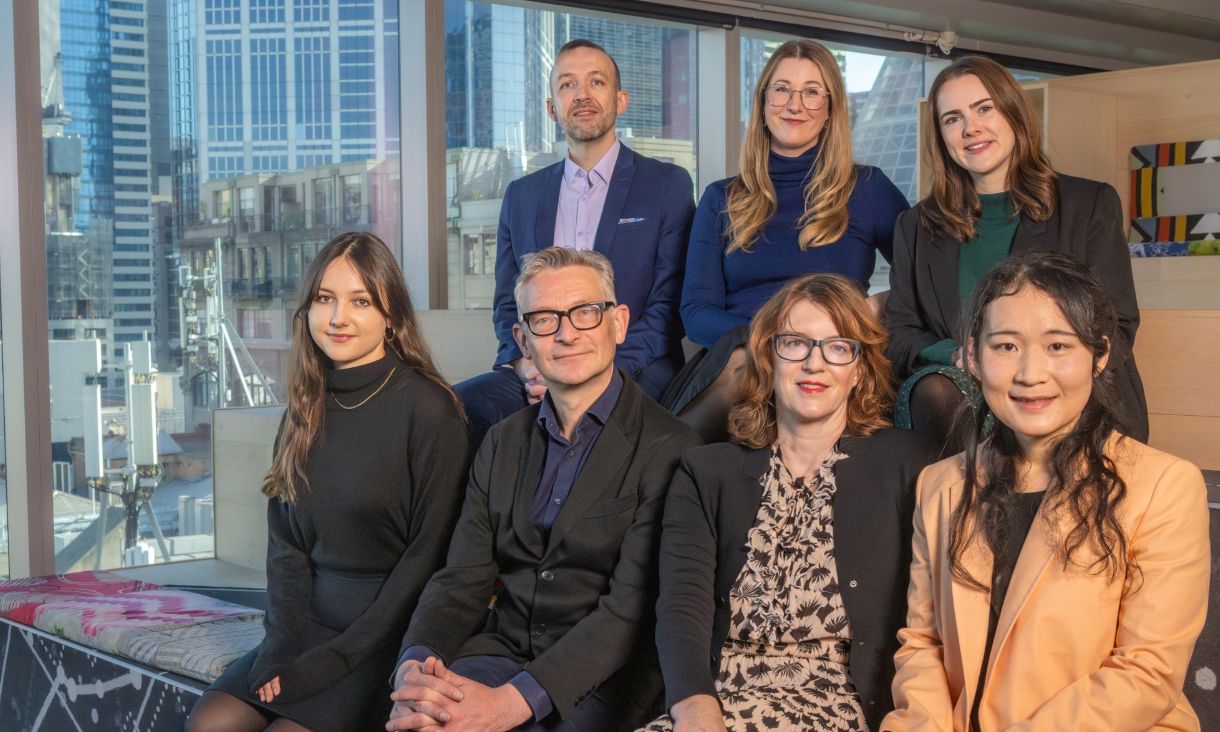Launching in early 2026, the RMIT Regenerative Futures Institute (RFI) is set to become a pioneering force in advancing regenerative practices and sustainability innovation.
Leveraging RMIT's strong interdisciplinary approach and community networks, the RFI will address global environmental and social challenges through impactful interdisciplinary education, research and partnerships. It will also equip RMIT students and adult learners with the necessary skills and knowledge to thrive in an evolving landscape.
Professor Chris Speed, Director of the Institute, said its core focus would be on integrating regenerative thinking across various fields and industries, to meet changing business and societal needs.
"The Regenerative Futures Institute course offering has been uniquely designed to address the skills gap and equip businesses and learners with the necessary tools to respond to climate change and sustainability challenges," said Professor Speed.
In addition to short courses for adult learners, a new minor in regenerative futures will be available for RMIT undergraduate students to study across a range of programs.
This innovative interdisciplinary approach to education has seen leading RMIT academics and experts co-design the course offerings, giving learners multiple perspectives in regenerative knowledge.
"It's outside the norm of traditional single-discipline course design," added Speed.
"This type of knowledge would usually be 'attached' to science or sustainability related programs, but at RMIT, eventually every student - whether they are studying accounting, architecture or public relations - will have the option to complete a minor in Regenerative Futures as part of their program. As a result, our students will leave RMIT prepared to lead and innovate in the rapidly changing global environment, whatever their specialisation."

L-R back: Oliver Jones, Diane Brown, Hannah Bornsztejn. L-R front: Bonnie Lester, Chris Speed, Kirsten Black, Angel Zhong.
A suite of short courses - which when stacked will make up the minor - cover a broad range of topics, from Regenerative Business Models and Regenerative Values Systems, through to Design for the Circular Economy and Social Equity and Regeneration. These courses in regenerative thinking will give adult learners and RMIT graduates a competitive edge and benefit organisations with in-house knowledge to incorporate regenerative thinking into business practices.
"We'll also round out the Institute's offering, introducing thought leadership events in 2026, giving industry, government and the public access to critical knowledge to help shape a regenerative future," said Professor Speed.
Reflecting RMIT's strength in cross-disciplinary research (in 2024 RMIT ranked 1 in Australia and 22 in the world in Times Higher Education's inaugural interdisciplinary science rankings), the RFI will also focus on collaborative research with industry, government and community agencies to amplify impact in response to complex global issues.
The institute will introduce a postgraduate program from 2027 as well as interdisciplinary research partnerships and more education offerings.






